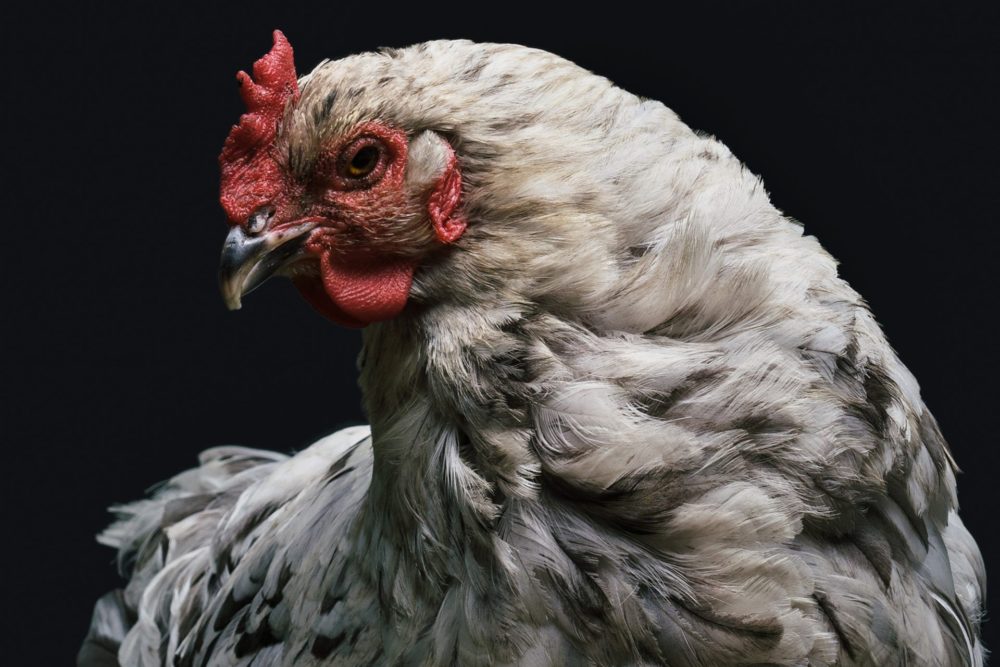Investor network FAIRR has released a report examining whether the meat and dairy industries are doing their fair share to facilitate climate change mitigation.
The network — which claims to represent investors with $25 trillion in assets under management — published data that it describes as the world’s only comprehensive sustainability assessment of large meat, fish, egg, and dairy producers.
Based on its Coller FAIRR Protein Producer Index, the network concludes that 86% of major meat and dairy suppliers are failing to declare, or set meaningful reduction targets, for greenhouse gas emissions – making it difficult for household brands to meet their own climate commitments.
Fast food chain McDonald’s, for example, has pledged to reduce its emissions by 31% within the next decade, while food and beverage giant Nestlé is angling for zero net emissions by 2050.
However, FAIRR claims that suppliers to the two consumer brands include companies such as Cherkizovo Group, Fujian Sunner, and Seaboard Corporation – none of which have declared their greenhouse gas emissions or publicly announced targets to reduce them, the network said.
FAIRR’s index monitors 60 publicly-listed companies that are involved with animal protein production. Companies are ranked against 10 environmental, social, and governance factors including emissions, deforestation, antibiotic use, working conditions, and investment in alternative proteins. Each one is labeled as ‘low risk,’ ‘medium risk,’ ‘high risk,’ or ‘best practice’ based on these scores.
A few companies did receive high marks from FAIRR: Norwegian fish farmers Mowi, Canadian packaged proteins firm Maple Leaf Foods, and Faroese aquaculture player Bakkafrost are the index’s top three performers for 2020 and the only companies that FAIRR ranks as low risk for investors.
The medium-risk group included some big names like Tyson Foods, JBS, Fonterra, and Hormel Foods, while Sanderson Farms and Cal-Maine landed in the high-risk bracket.
Breaking down the numbers
FAIRR provides data on how companies performed overall in each ranking category. When it comes to animal welfare, 68% of companies FAIRR indexed are ranked as high risk, with more poultry and egg companies categorized as high risk than companies working with any other protein.
Only eight companies in this year’s index were ranked as low risk by FAIRR – and many still offer no disclosure on animal welfare metrics, according to the investor network.
The study also describes 73% of animal protein companies as high risk with regards to pandemic-related criteria. Earlier this year, FAIRR called out food industry giants — including several key McDonald’s suppliers — for posing a high pandemic risk due to practices like ‘factory farming,’ concentrated animal feeding operations, and an over-reliance on antibiotics.
Seventy percent of the companies ranked by FAIRR were categorized as high risk in terms of ‘antibiotic stewardship,’ though the network added that four companies in its index have begun disclosing antibiotic use data this year.
For wastewater management and handling of potential pollutants, all but one of the 50 indexed companies ranked as high risk. Nearly three-quarters were categorized as presenting a high deforestation risk by FAIRR.
Of the indexed companies, 57% are considered as presenting a ‘high risk’ to investors due to working conditions, with just 28% of the companies having worker representatives on their health and safety committees, according to FAIRR.
Analyzing alternative protein
Last year, FAIRR researched whether major food companies are being proactive enough offering more alternative protein options. It named Unilever, Tesco, Nestlé, Marks & Spencer, and Conagra as making the most progressive steps, while Amazon — via its Whole Foods subsidiary — and Costco were among the least proactive.
At the time, more than 87% of retailers had ramped up their own-brand plant-based product offerings, while 64% of companies had added phrases like ‘plant-based’ or ‘vegan’ to their annual reporting or quarterly earnings calls.
Today’s report states there has been a 46% increase in the number of companies meeting best practices on alt-proteins: 22 companies in 2020 compared to 15 in 2019 and five in 2018. Maple Leaf Foods was the only business to earn a 100% score from FAIRR on this criteria; it has set a target of hitting $3 billion in plant-based protein sales by 2029.
This is not the first time that an investor-oriented organization has taken aim at the meat and dairy industries. In 2018, New York’s state pension fund penned a letter to McDonald’s warning it about “potential financial and reputational risks associated with [the chain’s] chicken welfare practices.” Earlier this year, BlackRock CEO Larry Fink told companies in the investment firm’s portfolio that it will be “increasingly disposed to vote against management and board directors when [they] are not making sufficient progress on sustainability-related disclosures and the business practices and plans underlying them.”





